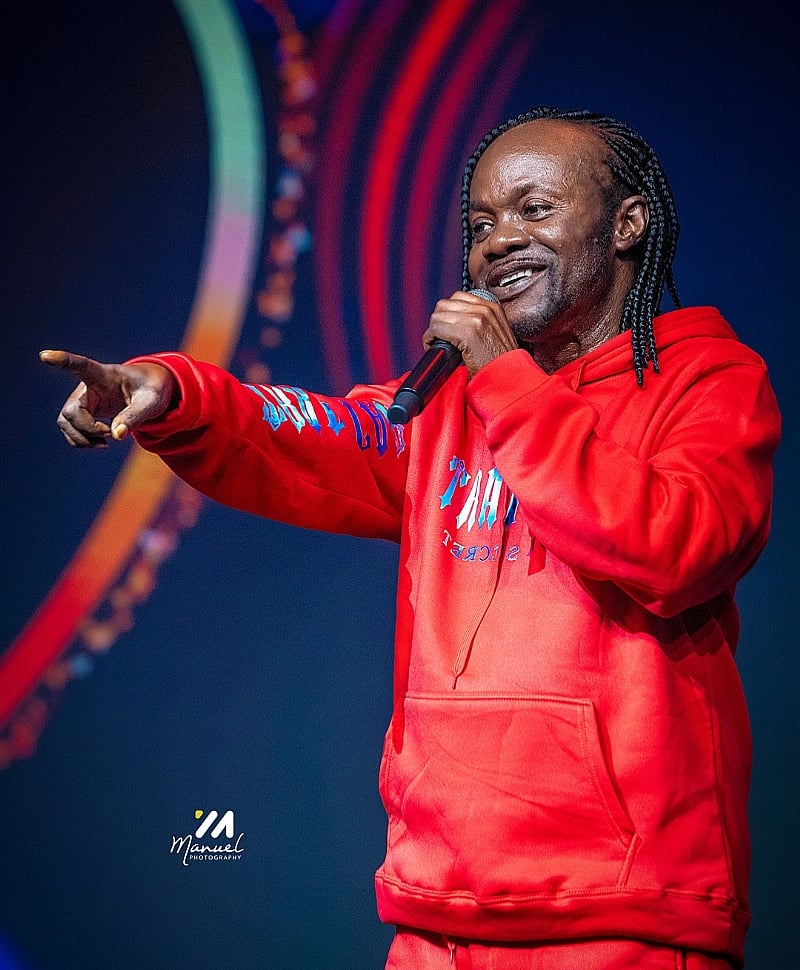Charles Kwadwo Fosu, universally known as Daddy Lumba, transcended the realm of mere artist to become a cultural phenomenon in Ghana. His music became the soundtrack of a nation, weaving its way into the fabric of everyday life, from lullabies to celebrations, from heartbreak to hope. Born into humble beginnings in Nsuta, Ashanti Region, Lumba’s musical journey began in the church choir and blossomed into a prolific career that reshaped the landscape of Highlife music. His passing brought an unusual hush over Ghana, a testament to the profound impact he had on the nation’s collective soul. While the silence of his absence is deeply felt, his legacy continues to reverberate through the music he created, the artists he inspired, and the memories he etched into the hearts of Ghanaians.
Lumba’s musical prowess was undeniable. He possessed an innate ability to blend traditional Highlife rhythms with diverse genres like soul, funk, gospel, and hiplife, creating a unique and instantly recognizable sound. His lyrical boldness, often bordering on controversial, tackled themes of love, loss, faith, and societal struggles, resonating with audiences across generations. More than just a musician, he was a storyteller, a philosopher, and a poet, weaving intricate narratives within his songs that explored the complexities of human experience. His music was not just listened to; it was lived. It became ingrained in the cultural consciousness, accompanying every significant life event, providing solace, inspiring celebration, and offering a voice to the unspoken emotions of a nation.
His impact extended beyond the individual listener, transforming the very soundscape of Ghana. When a new Daddy Lumba song was released, it became a communal experience. Barbershops transformed into impromptu dance floors, public transport filled with his melodies, and homes became echoing chambers of his vibrant sound. Lumba didn’t merely follow trends; he created them. His fashion choices, from leather pants to tailored suits, were as distinctive and influential as his music, solidifying his image as a trendsetter and icon. He not only shaped the musical landscape but also permeated the visual culture of Ghana, further cementing his status as a cultural force.
His influence on subsequent generations of artists is immeasurable. He became a mentor, guiding and inspiring emerging talents who sought to emulate his innovative spirit. His record label, DL Music, served as a launching pad for aspiring musicians, contributing to the growth and evolution of Ghanaian music. Contemporary artists readily acknowledge his profound impact, recognizing him as a godfather of modern Ghanaian sound. His ability to seamlessly blend Akan proverbs with urban wit created a lyrical blueprint that continues to inspire and influence songwriters today. Lumba’s legacy is a living testament to his enduring impact on the musical tapestry of Ghana.
Beyond his musical genius and cultural influence, Lumba’s philanthropic endeavors often went unheralded. He quietly supported numerous charitable causes, funding scholarships, building churches, and assisting underprivileged families. He gave not for recognition or acclaim, but out of genuine compassion and a desire to make a positive impact on his community. This less-publicized aspect of his character further enriched his legacy, revealing a depth of generosity and social responsibility that complemented his artistic brilliance. His contributions extended beyond the stage and studio, reaching into the lives of ordinary Ghanaians and demonstrating his commitment to uplifting his community.
The news of his passing was met with disbelief, a collective refusal to accept the silence of a voice that had resonated for so long. Tributes poured in from every corner of society – from political leaders to religious figures, from market traders to corporate executives – reflecting the universality of his appeal and the profound impact he had on all strata of Ghanaian society. The outpouring of grief was a testament to the deep connection he forged with his audience, a connection that transcended mere entertainment and became a shared cultural experience. His passing was not simply the loss of a musician, but the loss of a national icon, a storyteller, and a voice that had given expression to the joys, sorrows, and aspirations of a nation. His legacy, however, remains vibrant and enduring, woven into the cultural DNA of Ghana, a testament to the power of music to transcend time and touch the very soul of a nation. Daddy Lumba, the man, may be gone, but his music continues to echo, a timeless soundtrack to the life and spirit of Ghana.














